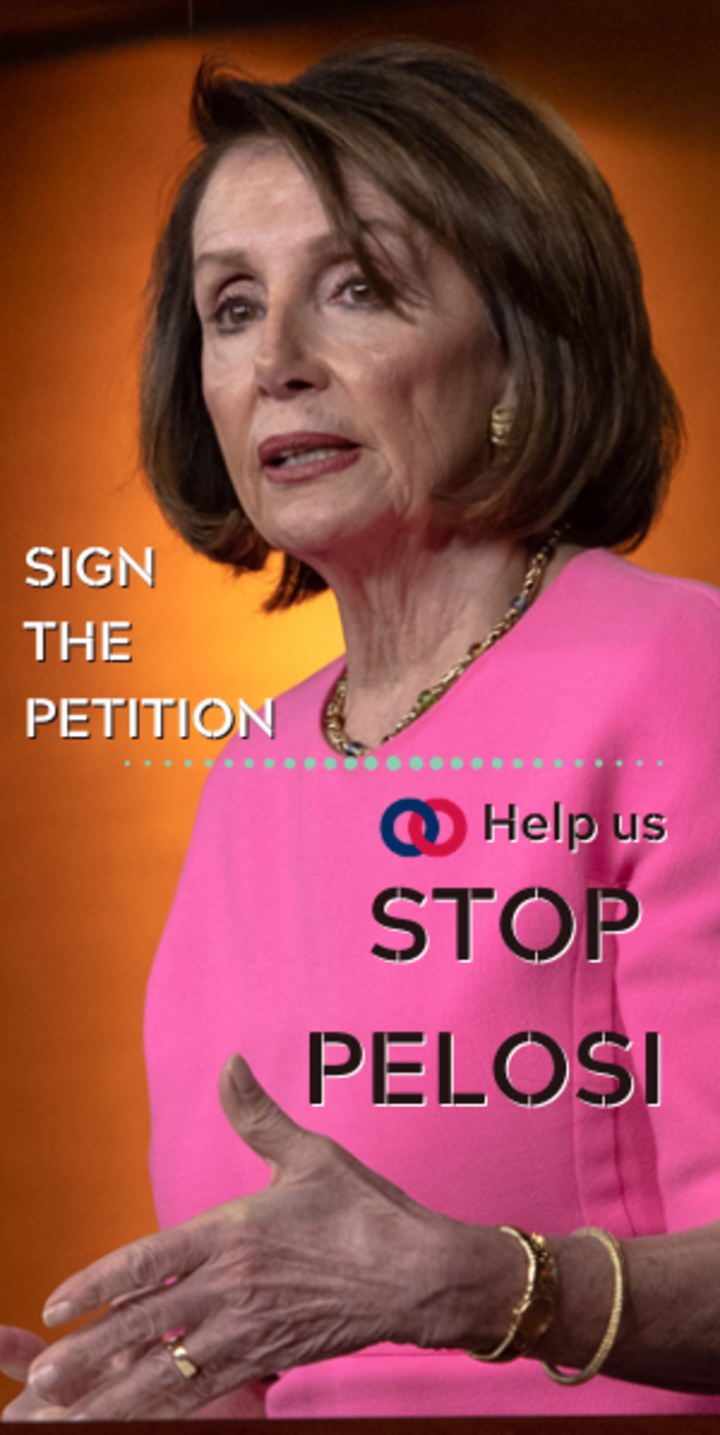The French writer Gustave Flaubert famously spent weeks sometimes pondering a single word looking for just the right one - what he called "le mot juste."
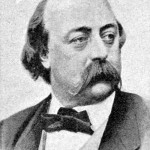
Flaubert recognized that sometimes there really is only one perfect term to describe the essence of a particular thing. Well, there is one perfect word to describe our culture's dissonant approach to marriage and family, and that word is incoherent.
An article in yesterday's Washington Times reports that there is a growing concern about "irresponsible fatherhood" in our society: "Despite myriad efforts by fatherhood programs, too many men are ending up in multiple relationships, with multiple children from multiple mothers."
An expert quoted in the article suggests that men need to "advised... to 'slow down,' 'prepare for fatherhood,' realize that a mother and child are 'a package' and 'take time' to select a loving partner and future mother."

But these efforts to address a very real concern are incoherent in a cultural context where powerful forces are pushing a radical agenda to redefine marriage and thereby necessarily redefine the roles of parents, making 'fatherhood' an expendable option and devaluing the unique services that men and women each provide in raising children.
To preserve and promote fatherhood requires first that we preserve and promote the true definition of marriage. Marriage is like a key-word for a cipher which, when you get it wrong, causes all the connected code-words to fall apart too. Fatherhood depends on the meaning of the unique and special union of one man and one woman. And for that union, le mot juste is "marriage."


 Liberal thought is entrenched as the basis for public discussion, and it doesn’t like the idea of a network of expectations and obligations to which people are subject other than those generated by state and market. What’s just, liberals believe, is for individuals to be free from all social pressure in their private lives as long as they perform their duties as employees, taxpayers, and citizens of a diverse, tolerant, and multicultural society. If people are pressured to act one way or another for some reason other than the needs of liberal institutions, that’s bigotry and discrimination, and eradicating it is one of the central duties of government.
Liberal thought is entrenched as the basis for public discussion, and it doesn’t like the idea of a network of expectations and obligations to which people are subject other than those generated by state and market. What’s just, liberals believe, is for individuals to be free from all social pressure in their private lives as long as they perform their duties as employees, taxpayers, and citizens of a diverse, tolerant, and multicultural society. If people are pressured to act one way or another for some reason other than the needs of liberal institutions, that’s bigotry and discrimination, and eradicating it is one of the central duties of government.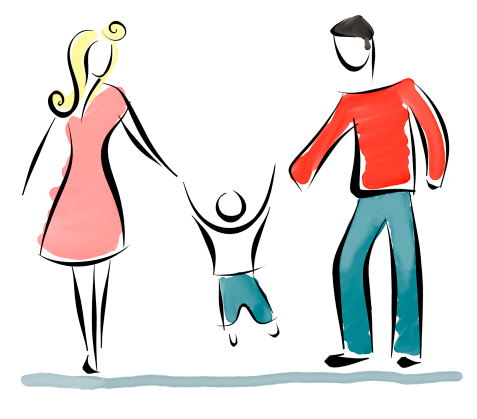 If marriage is to be something we can rely on, it can’t be a sentimental celebration or optional lifestyle choice whose content depends on the orientation and goals of the parties. It has to be understood as something definite that, simply because of what it is, has intrinsic functions that are basic to human life. To be itself, it must therefore be understood as a union of man and woman that accepts the natural consequences of such a union, and there have to be distinct understandings of men, women, the relations between the two, and what they owe and have a right to expect from each other.
If marriage is to be something we can rely on, it can’t be a sentimental celebration or optional lifestyle choice whose content depends on the orientation and goals of the parties. It has to be understood as something definite that, simply because of what it is, has intrinsic functions that are basic to human life. To be itself, it must therefore be understood as a union of man and woman that accepts the natural consequences of such a union, and there have to be distinct understandings of men, women, the relations between the two, and what they owe and have a right to expect from each other.



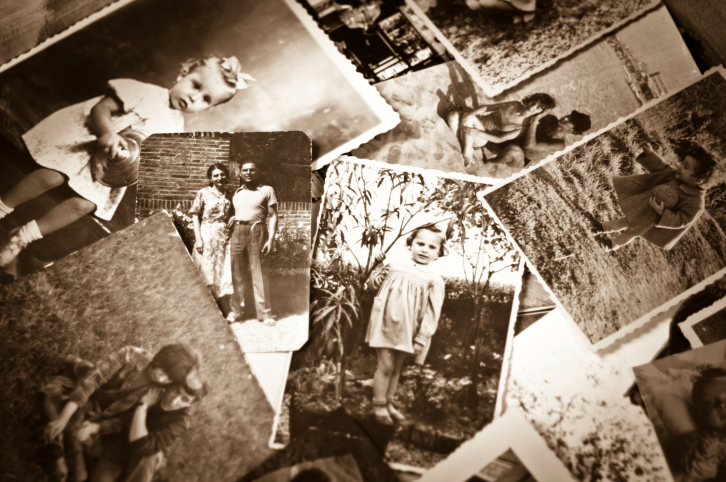 The needs and goods of the political community define the reciprocal nature of natural marriage. The political community needs marriage because it is,
The needs and goods of the political community define the reciprocal nature of natural marriage. The political community needs marriage because it is, 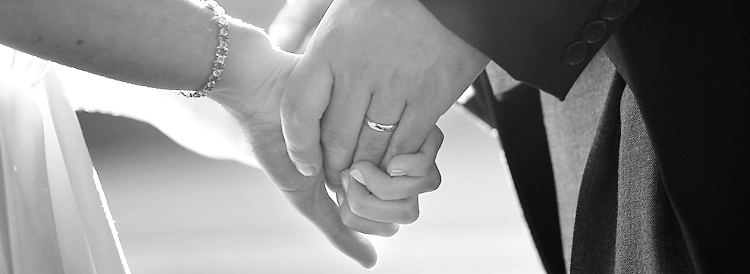
 Changing aspirational narratives is also partly done through metaphors. Research has consistently shown that audiences are more likely to remember and comprehend complex arguments through images. Marriage advocates, Hitchen suggests, should communicate truths about marriage and the common good through metaphors such as “marriage is our country’s social infrastructure.” Marriage isn’t just a religious institution or a majority-rules game for the same reason highways and harbors aren’t—men and women are the harbors from which children set sail (which is partly why some people in France and Britain who want homosexuals to be happy don’t favor gay marriage).
Changing aspirational narratives is also partly done through metaphors. Research has consistently shown that audiences are more likely to remember and comprehend complex arguments through images. Marriage advocates, Hitchen suggests, should communicate truths about marriage and the common good through metaphors such as “marriage is our country’s social infrastructure.” Marriage isn’t just a religious institution or a majority-rules game for the same reason highways and harbors aren’t—men and women are the harbors from which children set sail (which is partly why some people in France and Britain who want homosexuals to be happy don’t favor gay marriage).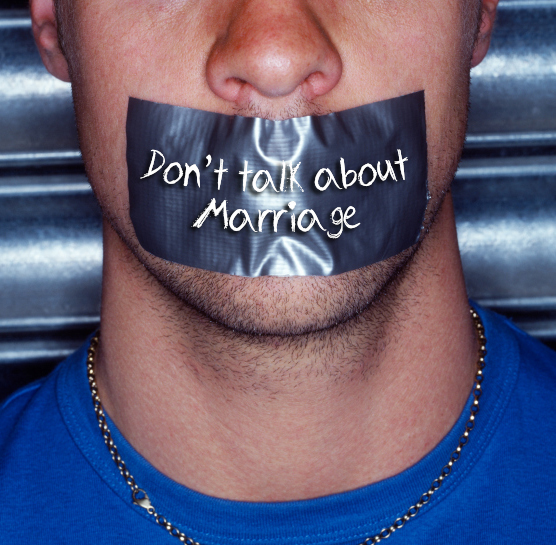
 Millennials, those approximately 18 to about 31, are the generation most supportive of redefining marriage. They’re increasingly likely to delay or forgo marriage altogether (just 26% of adults aged 20 to 29 were married in 2008, compared to nearly 70% in 1960), and they’re the most convinced that marriage is becoming obsolete.
Millennials, those approximately 18 to about 31, are the generation most supportive of redefining marriage. They’re increasingly likely to delay or forgo marriage altogether (just 26% of adults aged 20 to 29 were married in 2008, compared to nearly 70% in 1960), and they’re the most convinced that marriage is becoming obsolete.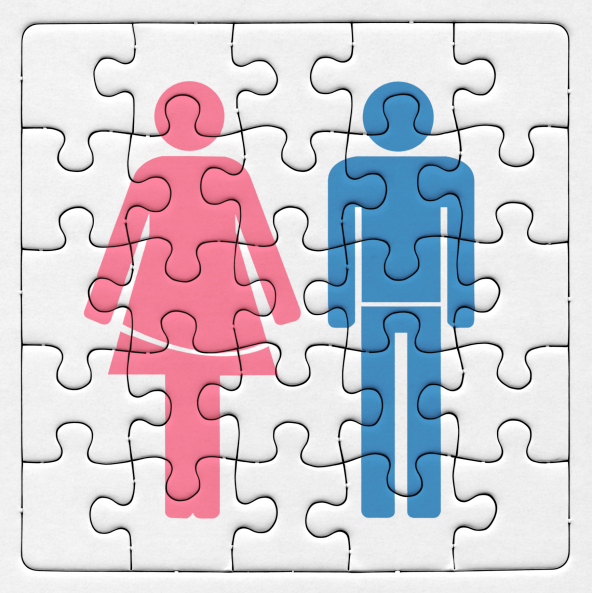 You might look at my Caucasian features and wonder why I am claiming to be an African American. I may not be a natural descendent of African American lineage, but I feel black and have thus decided to identify as African American. Since I identify as African American, I am African American, and you must accept me as such. Because I claim my identity as an African American, I demand that the law recognize me as such and afford me all the rights and obligations of that ethnicity.
You might look at my Caucasian features and wonder why I am claiming to be an African American. I may not be a natural descendent of African American lineage, but I feel black and have thus decided to identify as African American. Since I identify as African American, I am African American, and you must accept me as such. Because I claim my identity as an African American, I demand that the law recognize me as such and afford me all the rights and obligations of that ethnicity.